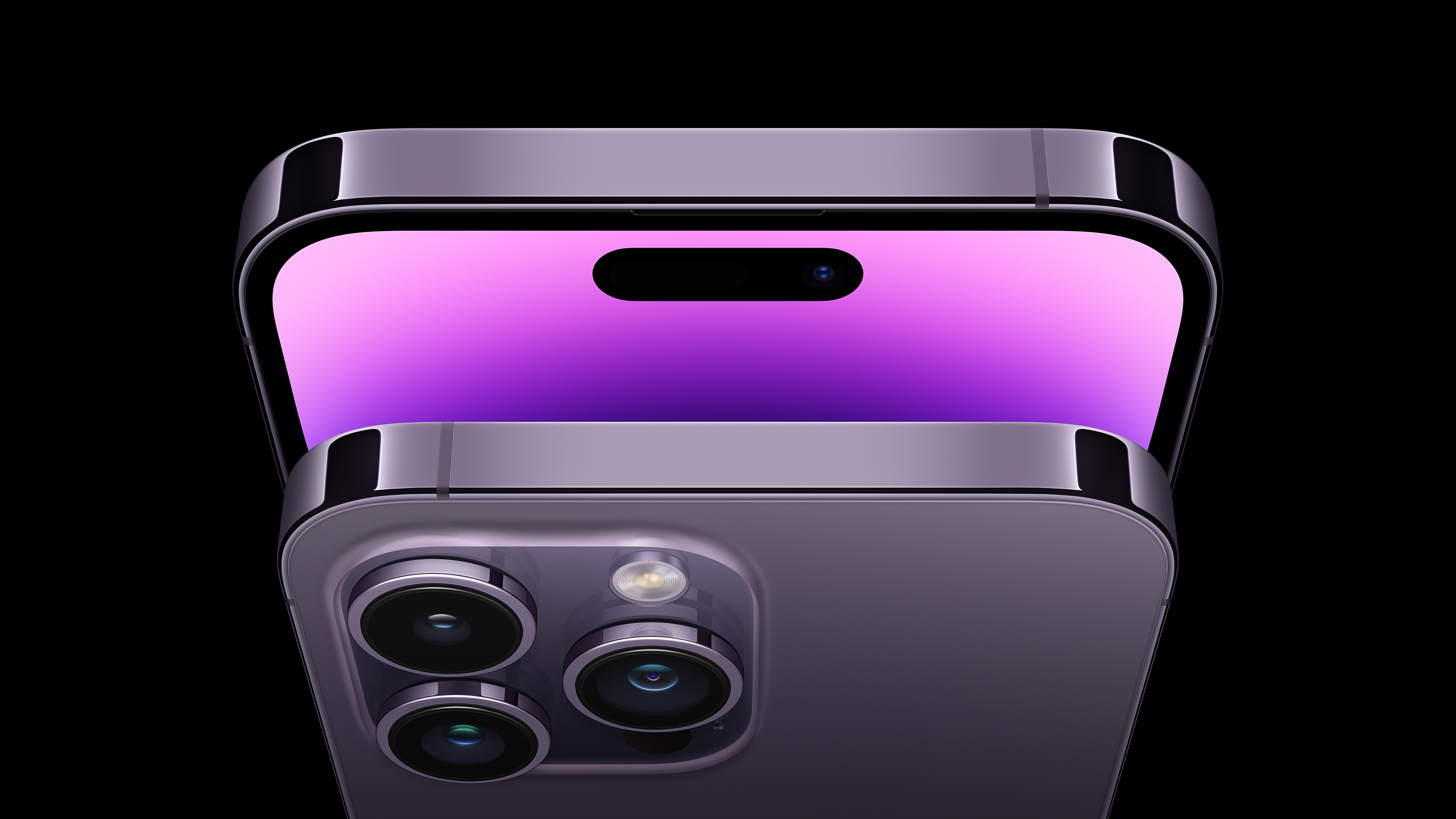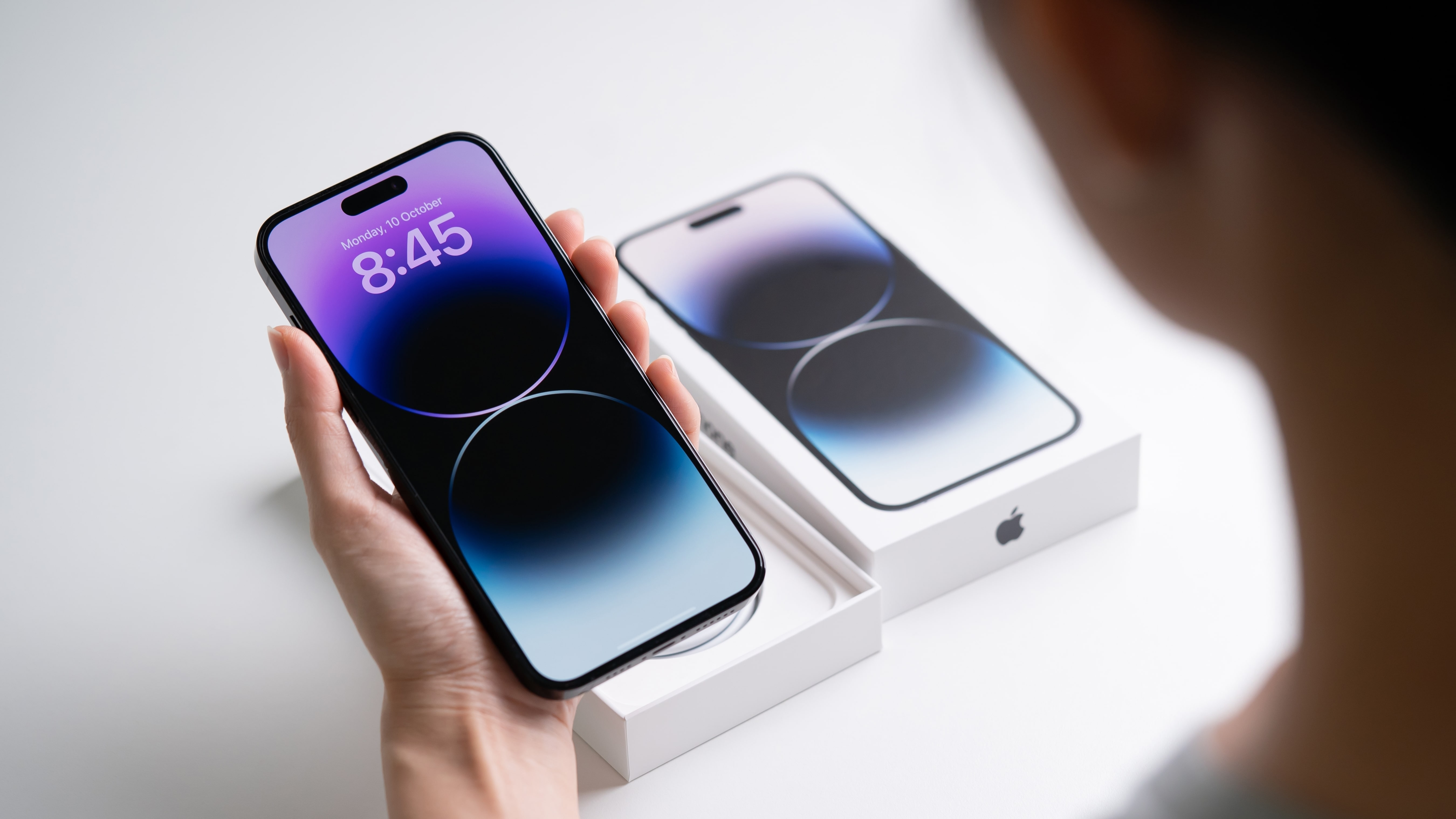
Sign up for breaking news, reviews, opinion, top tech deals, and more.
You are now subscribed
Your newsletter sign-up was successful
Apple is expected to debut the A17 Bionic with its iPhone 15 phones later this year, and the first leaked benchmark scores for the next-gen chipset bode extremely well for the devices’ performance credentials.
According to Chinese outlet DCInside (via Notebook Check), the A17 Bionic will boast a 20% more powerful CPU than its predecessor, the A16 Bionic, meaning the iPhone 15 Pro and much-rumored iPhone 15 Ultra should enjoy sizeable speed gains over the iPhone 14 Pro and iPhone 14 Pro Max. The standard iPhone 15 is expected to inherit the latter’s A16 Bionic, just as the standard iPhone 14 inherited the iPhone 13 Pro's A15 Bionic.
Crunching the numbers, DCInside reports that the A17 Bionic earns a single-core score of 3019 and a multi-core score of 7860 on Geekbench 6, where the A16 Bionic scores 2504 and 6314, respectively. Naturally, we’d suggest taking these rumored figures with a pinch of salt, but it’s exciting to think that the Pro-grade iPhone 15s might sport benchmark scores to rival Apple’s M1 MacBooks.
Almost as fast as M1 in multi core and single core far exceeds M1. Crazy resultsMarch 14, 2023
For context, a 20% CPU speed increase for the A17 Bionic over the A16 Bionic would mark a greater jump than the 10% boost for the latter over the A15 Bionic. In other words, the technological gap between the iPhone 14 Pro and its successor looks set to be more significant than the gap between the iPhone 14 Pro and the iPhone 13 Pro, which could provide consumers with a more compelling reason to upgrade to the best iPhone in 2023.
With greater power comes greater... efficiency?

DCInside’s new benchmark scores follow equally promising reports regarding the A17 Bionic’s efficiency credentials.
Apple's chipmaker of choice, TSMC (the Taiwan Semiconductor Manufacturing Company), has promised increased efficiency with its next generation of silicon, with the company moving to chips made using a 3 nanometer manufacturing process. A 5 nanometer process is currently used by TSMC, and the smaller number will mean more tightly-packed (read: efficient) processors.
TSMC says these new chips are going to use around 35% less power, as well as being faster in terms of performance, which should, in theory, translate to better battery life for the iPhone 15 and its siblings.
Sign up for breaking news, reviews, opinion, top tech deals, and more.
We’ll be staying abreast of all the latest iPhone 15 news, rumors and leaks, as and when they surface, so stay tuned to TechRadar for the most up-to-date info on what's likely to be 2023’s hottest smartphone launch.

Axel is TechRadar's Phones Editor, reporting on everything from the latest Apple developments to newest AI breakthroughs as part of the site's Mobile Computing vertical. Having previously written for publications including Esquire and FourFourTwo, Axel is well-versed in the applications of technology beyond the desktop, and his coverage extends from general reporting and analysis to in-depth interviews and opinion.
Axel studied for a degree in English Literature at the University of Warwick before joining TechRadar in 2020, where he earned an NCTJ qualification as part of the company’s inaugural digital training scheme.